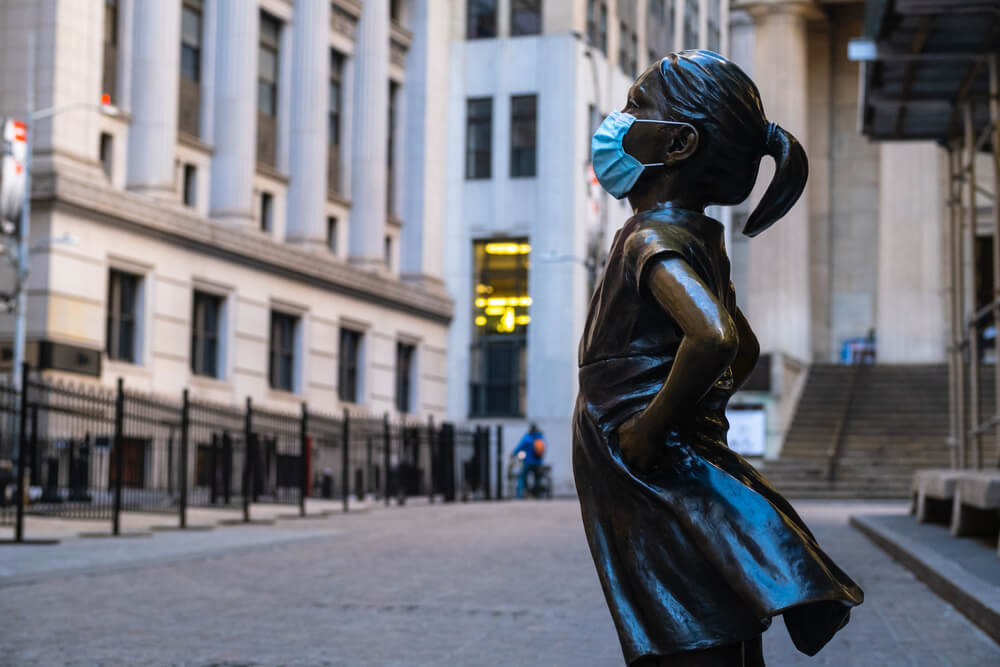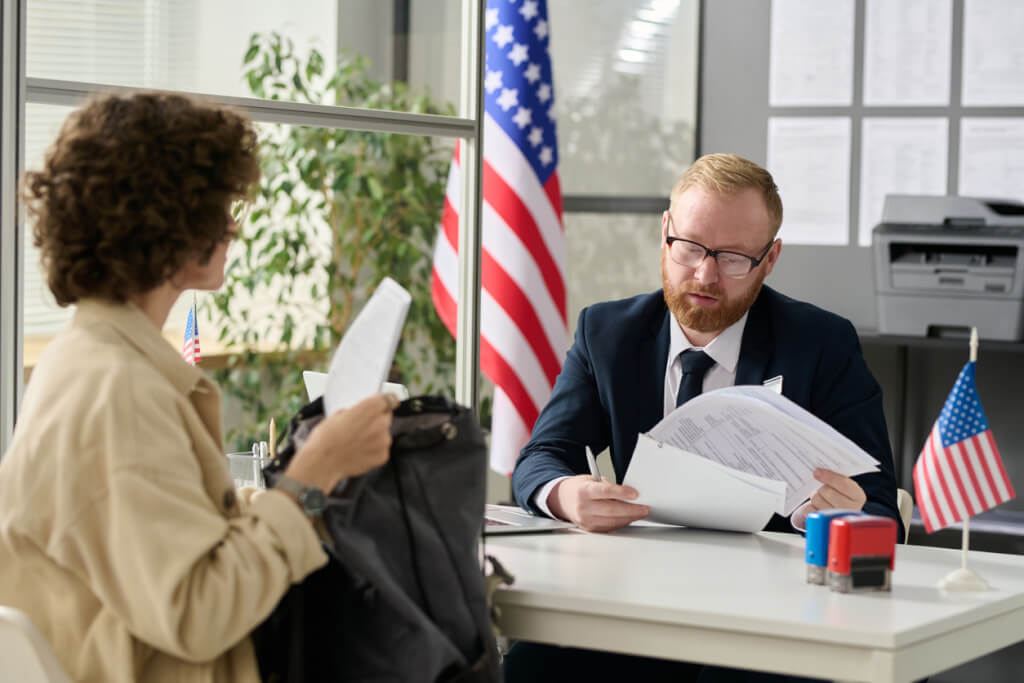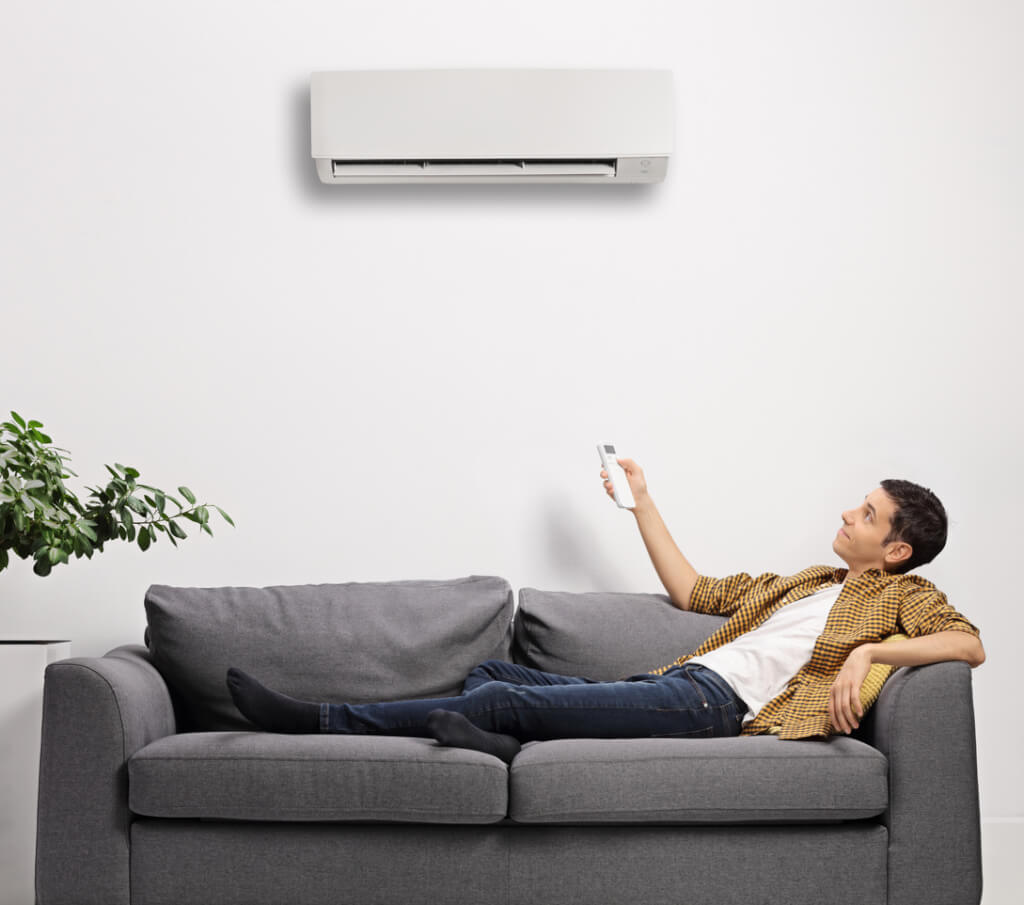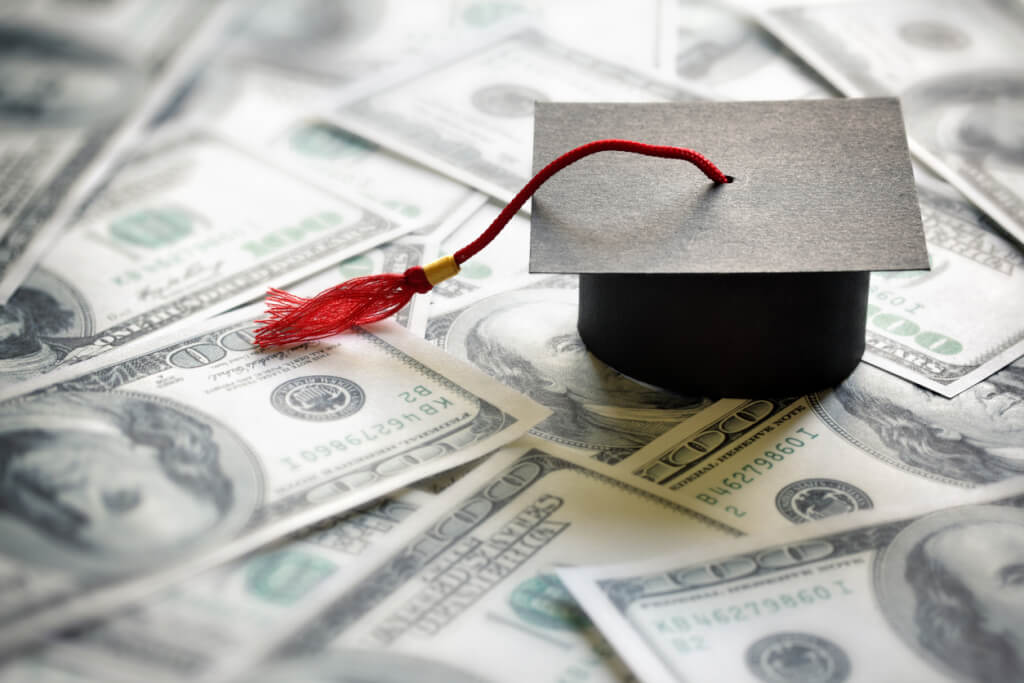Home and Work: How New York City Helps Residents During the COVID-19 Pandemic
'27.01.2021'
We all want 2021 to be a good year for all of us: for our city to be safe, for us to defeat COVID-19, and for the recovery from the pandemic to be fair and inclusive. New York City enacted new rules and protections this year to provide assistance to all New Yorkers (regardless of their immigration status), both at home and at work.

New protections for tenants
Housing has always been a basic human need. And now, during the COVID-19 pandemic, the issue of housing is more relevant than ever, since quarantine is the main way to protect yourself and others. It is imperative that all New Yorkers (especially immigrants who may have housing difficulties) understand the specific tenant protections that have recently come into effect. To learn more about rights as residents and the resources available to them, visit the website nyc.gov/tenantprotection.
Important information about protective measures
1. Your landlord cannot evict you, kick out or ask you to leave the apartment while you are in self-isolation or quarantine in case you or a member of your family have tested positive for COVID-19; or if you or a member of your family is suspected of being infected with the coronavirus and infecting others. If you experience any such harassment or discrimination, contact the NYC Commission on Human Rights using the contact details on website nyc.gov/humanrights.
1.1. This rule also applies if your apartment is your primary residence, but you are in self-isolation or quarantine in a hospital or other facility.for example, in a hotel room provided to you free of charge through the NYC Test & Trace Corps Take Care program. To learn more about the Testing and Contact Tracking Service, visit Web site nyc.gov/takecare or call 1-212-COVID19 (268-4319).
2.According to the New York State COVID-19 Emergency Eviction and Foreclosure Prevention Act (New York State COVID-19 Emergency Eviction and Foreclosure Prevention Act), your landlord cannot evict you until at least May 1, 2021if you have lost your income; or if you have increased expenses during the COVID-19 pandemic; or if moving to a different home makes it difficult for you during a pandemic. This is a very important safeguard to keep all New Yorkers at home and not put their health at additional risk during this crisis. To benefit from these protections, New Yorkers must sign "Hardship declaration" with a description of the problems and send it to the landlord. The good news is that you can do this ahead of time, even if the checkout process hasn't started yet. On the website nyc.gov/tenantprotection you can download the form of this declaration.
On the subject: New York Launches Portal for Threatened Renters: How to Get Free Help
3. The pandemic prevents your landlord from defaulting on their obligations to you. The New York City Housing Court is still willing to review cases to restore your right to normal living if your landlord blocks access to your apartment without a court order, urgent repairs are needed, or if you are not provided with such vital services like heating and hot water. If you have a housing problem that your landlord does not address, such as a lack of heating or hot water under the New York City Housing Code, you can file a complaint about website portal.311.nyc.gov or by phone number 311.
4. If you are renting an apartment in New York and need help with housing issues such as eviction and harassment by your landlord, or have rental questions, you can get accurate and accurate information and free legal advice. To get these services and answers to questions about your rights, as well as to check if you can get legal assistance, go to Web site nyc.gov/tenantprotection or call the City Tenant Helpline at 311 and say Tenant Helpline. By calling this hotline, residents can get advice from support specialists and can be referred to legal service providers for information, advice and advocacy. The Tenant Helpline is available to all New York City tenants, regardless of income, immigration status, or where they live. The hotline staff provides advice in different languages.
5. To provide residents with stable housing and help with rent, the City of New York helped launch FASTEN programs (Funds and Services for Tenants Experiencing Need). It offers eviction prevention services and financial resources, including rental assistance, to help vulnerable and disadvantaged New Yorkers maintain a roof over their heads during the COVID-19 crisis, regardless of their immigration status.
If you have questions about how to get FASTEN assistance or other services provided by the municipality, support or legal assistance with immigration matters, they can advise you in your language. Call the Mayor's Office of Immigrant Affairs (MOIA) hotline at call 212-788-7654 Monday through Friday from 9:00 am to 17:00 pm or send an email to your email address [email protected].
On the subject: How Biden changed the lives of New York immigrants
Also available for many immigrants Homebase program, which is for New Yorkers with housing difficulties, and which provides various emergency services for paying off rent arrears (for example, One Shot Deal). To find out more, go to Web sites nyc.gov/homebase и access.nyc.gov.
New rules in force at work
Extended city laws also apply to protect New Yorkers at work. Based on laws passed in 2014, new rules for granting sick leave came into force on January 1, 2021. Companies in New York City that employ 100 people or more are now required to provide up to 56 hours of paid sick leave per year. Employers with 5 to 100 employees; or employers who have up to 4 employees and who have a net income of $ 1 million per year must provide 40 hours of paid sick leave.
In addition, rules went into effect in September 2020 requiring employers to provide 40 hours of paid sick leave to home workers. In addition, newly recruited employees can take paid leave immediately.
Paid sick leave is a critical tool in tackling the pandemic and can be used for a wide range of medical and other needs. New Yorkers can use paid sick leave to stay at home when they or their loved ones are sick, without losing income; to get a flu shot; to recover, quarantine, or receive preventive care (such as a test or vaccination) in connection with COVID-19; to stay at home with a child if the school is closed due to a pandemic or if, according to a government decree, the organization in which they work has closed due to the pandemic. To learn more about these policies, including the new Notice of Employee Rights, which is available in 26 languages, visit Web site nyc.gov/workers or call 212-436-0380. New York State law also qualifies for additional sick leave - go to Web site paidfamilyleave.ny.gov/covid19 or call 844-337-6303to find out more.
In these difficult times, such protections are vital for all of us, especially for immigrants. But the COVID-19 pandemic has also highlighted the need for stronger and more permanent safeguards, and we must continue to contribute to an effective federal approach that takes into account the interests of all residents, regardless of their immigration status.
On the subject: Financial aid resources for New Yorkers: where and for what needs you can get money
In the meantime, New Yorkers need to know and use important local safeguards to help them stay safe and healthy. New York is accountable to you and you to your community. Go to Web site nyc.gov/immigrants/coronavirusto find out about the resources available to New Yorkers, including health, housing, food, and more.
The new protections will be added to existing ones introduced under the most ambitious local human rights law. Harassment and discrimination based on race, nationality, age, and disability (including due to COVID-19 or other serious medical conditions) are illegal in rental housing, work and public spaces under the NYC Human Rights Act (New York City Human Rights Law). We encourage all New Yorkers, whether you are looking for help, due to the new rules and protections, or not, to visit Web site nyc.gov/StopCOVIDHateto learn more about the protections under New York City Human Rights Act.
The original column is published in Queens chronicle.








